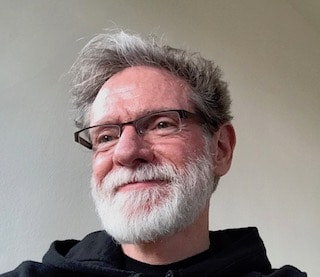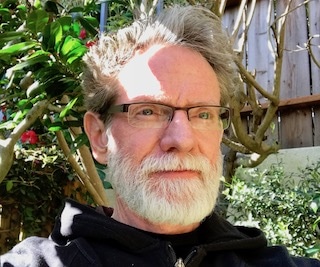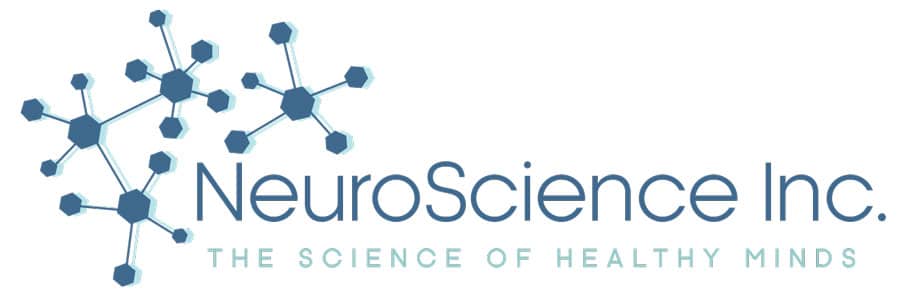
Keith E. Saylor, PhD, ScM
Training and Background
I am a licensed clinical psychologist and the founder and Director of the evidence-based clinical psychology practice, NeuroScience, The Science of Healthy Minds, which I established in 1999 with the goal of providing Cognitive Behavioral Therapy (CBT), Mindfulness-Based CBT, Prolonged Exposure Therapy (PE), and, more recently, Acceptance and Commitment Therapy (ACT) – together referred to simply as CBT. I specialize in CBT for Obsessive-Compulsive Disorder (OCD), Post-Traumatic Stress Disorder (PTSD), Attention Deficit Hyperactivity Disorder (ADHD), Panic Disorder, phobias and other anxiety, depression, stress, and stress-related conditions. My expertise is in health behavior change grounded in research.
I am a member of the Psychology Interjurisdictional Compact (PSYPACT), which allows me to practice psychology in 39 states.
I received my PhD in Health Psychology from Stanford University in 1985, where I completed a pre-doctoral fellowship at the Stanford Center for Research in Disease Prevention. Prior to attending Stanford, I received a Master’s Degree (ScM) in Public Health at The Johns Hopkins School of Hygiene and Public Health.
Additionally, for over 25 years, I have devoted a portion of my time to clinical trial research for new medications for behavioral health. I have served as the Principal Investigator on over 170 pediatric and adult investigational medication research studies on a range of disorders including OCD, ADHD, depression, PTSD, Generalized Anxiety Disorder, social phobia, binge-eating, Autism, and insomnia.
During that time, I also participated in intervention research to modify behaviors related to health outcomes in adolescents. Through this research, I have authored or co-authored a wide range of publications on study outcomes. Although I occasionally write and consult on research topics, my time is now fully dedicated to clinical practice.
What to Expect
I work with you to tailor a plan that focuses on aligning your thoughts, actions, and emotions with your goals, ensuring daily attention to the changes you seek. Our work together often includes recommendations for lifestyle changes and may introduce daily practices that will assist you in regulating your emotions, thoughts, and actions. I will attend to your overall health, when indicated, by referring you to medical providers for further evaluation and perhaps a medication consultation. I require active collaboration from you, including follow-through, recording, reporting, and committing to your stated goals. We will measure your progress toward your specific goals. Effort is necessary, and change is possible.
Home Visits and Intensive Services
Often, practice in a real-life setting yields the greatest results. For Panic Disorder and phobias, for example, practice in a real-life setting is more powerfully beneficial. For OCD, initiating the best exposure and response prevention (ERP) means in-home or off-site exposures. When needed, I arrange home visits and intensive outpatient services on an individual basis, often in collaboration with a colleague to ensure the best outcomes. The COVID pandemic and ongoing risk of illness limits this activity but flexible options via video and mobile phone exposures are fruitful.
Meditation, Sleep, and Exercise
Meditation, sleep, and exercise are key “lifestyle modifications” that have been shown to have tremendous positive outcomes. Research outcomes supporting the benefits of a regimented sleep cycle, exercise, and meditation make these essential to overall physical and mental well-being. As such, recommendations for each will likely be part of your plan. If you’re new to these ideas, we’ll approach it at a pace that is comfortable for you. I have meditated since the 1970s, first as a student of Transcendental Meditation (TM) and eventually as a practitioner of different meditation approaches. I am a certified Raja Yoga (500 Hours) Instructor, a competitive cyclist, and a former age-group triathlete.
Obsessive-Compulsive Disorder (OCD)
Post-Traumatic Stress Disorder (PTSD)
Attention Deficit Hyperactivity Disorder (ADHD)
Panic Disorder
Social Anxiety
Generalized Anxiety
Other Anxiety and Worry
Phobias
Depression
Stress and stress-related conditions.
MEMBERSHIPS AND ASSOCIATIONS
International
OCD Foundation (IOCDF)
Association for Behavioral and Cognitive Therapies (ABCT)
Anxiety Disorders Associates of America Children and Adults with Attention Deficit Hyperactivity Disorder (CHADD)
American Psychological Association (APA)
American Psychologist Baltimore Magazine
NBC4 News with Doreen Gentzler Outside
Magazine Reader’s Digest Rudy Maxa’s Fearless Traveler The Washington Post
U.S. News & World Report Washingtonian Magazine

